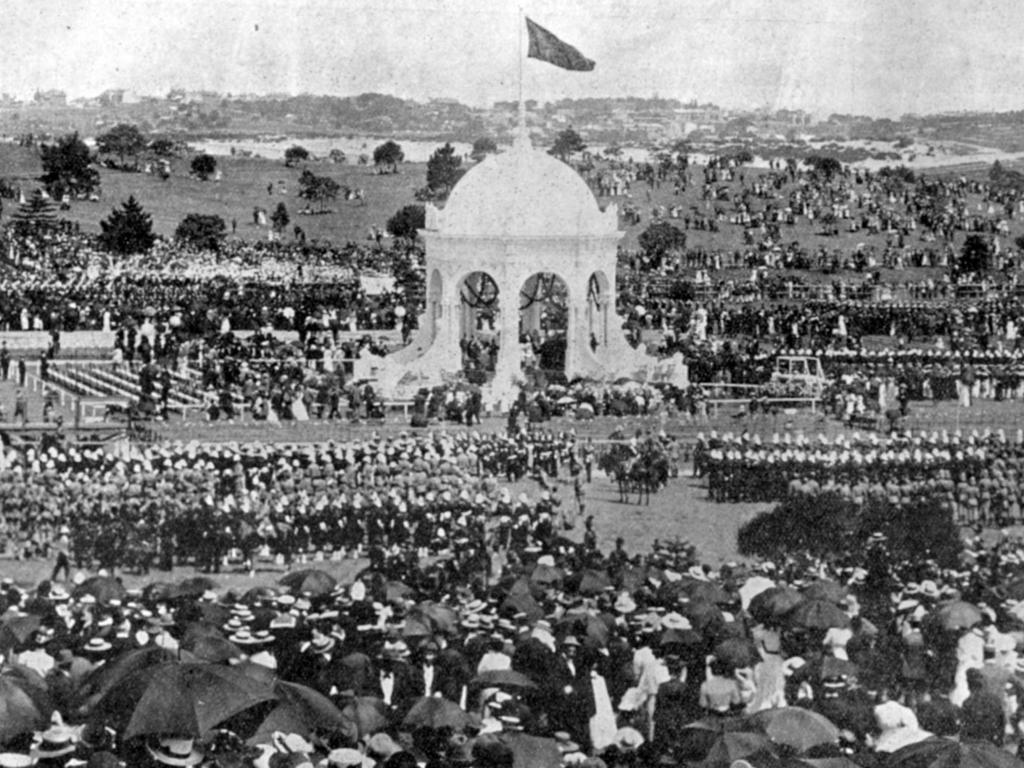
To modern generations that had not experienced anything like the privations of war or Depression, the life-threatening, business-cruelling effects of the pandemic have been profound. We now think differently about a whole lot of things, including the way we work.
Sure, we’re grateful to have survived the pandemic but we’ve also had a revelation. We didn’t know it was possible to work from home. Indeed, who would have thought that large chunks of the workforce could opt out of the daily commute for an extended period?
There has been steady progress made in shaping the way we work that goes back to the eight-hour-day movement of the 19th Century. After WWII, this evolved to a five-day week, which led to the demise of weekday workers also working till noon on a Saturday.
In the post-Covid era there are suggestions of a four-day week with no loss of pay.
When these changes are viewed over time, it seems that we have been on a mission, a noble crusade perhaps, to make work fit around the way we live. And if productivity is maintained, let alone improved, with these changes, doesn’t this deliver a better quality of life for all?
Indeed, if quality of life is to be a factor in shaping the post-Covid world of work then where in the world is such thinking most likely to get traction? That would be Australia!
We “invented” suburbia because we wanted a better way of living. We invented terms like “seachange” and “treechange” because we wanted nuance to our lifestyle-infused lives. Entire cities such as the Gold Coast emerged from the 1960s based on lifestyle.
No longer are we prepared to unquestioningly commute up to an hour (or more) each way each day to dutifully sit in a cubicle and produce reports, spreadsheets and graphics that otherwise could have been produced at home.
Any commute is now being evaluated on the basis of the time taken, the costs incurred, the contribution made to carbon emissions, and the toll imposed on mental health. Why would you do it? “Because bosses say so” doesn’t cut it with Australia’s compelling lifestyle pursuit.
This idea of organising work around life rather than life around work will be taken up by Australians and pursued with purpose and passion. To go back to commuting, to subserviently “wasting away our lives”, is anathema to our core values.
But remote working isn’t all click-on Zoom meets and jump-on conference calls. There are no guardrails like being in an office nine-to-five, Monday to Friday. The creep of work hours has been in play since the text-enabled phone was popularised. Working from home has simply supercharged the blurring of boundaries between work and the everyday stuff of life.
Workers may have the flexibility to work from home but it also means that many of today’s workers never completely disconnect from work. In order to have the best of both worlds, we Australians will also need to set in place physical, digital and social boundaries that better separate work and home.








There can be little doubt that Covid has changed the values, the thinking and the priorities of Australians. And nowhere is this better evidenced than in the world of work.